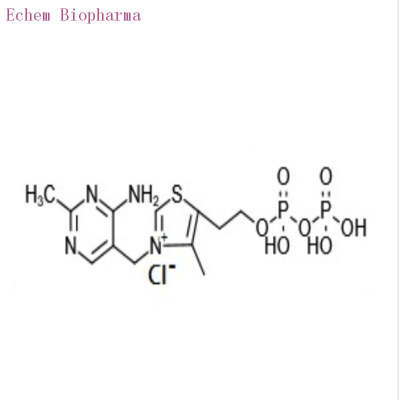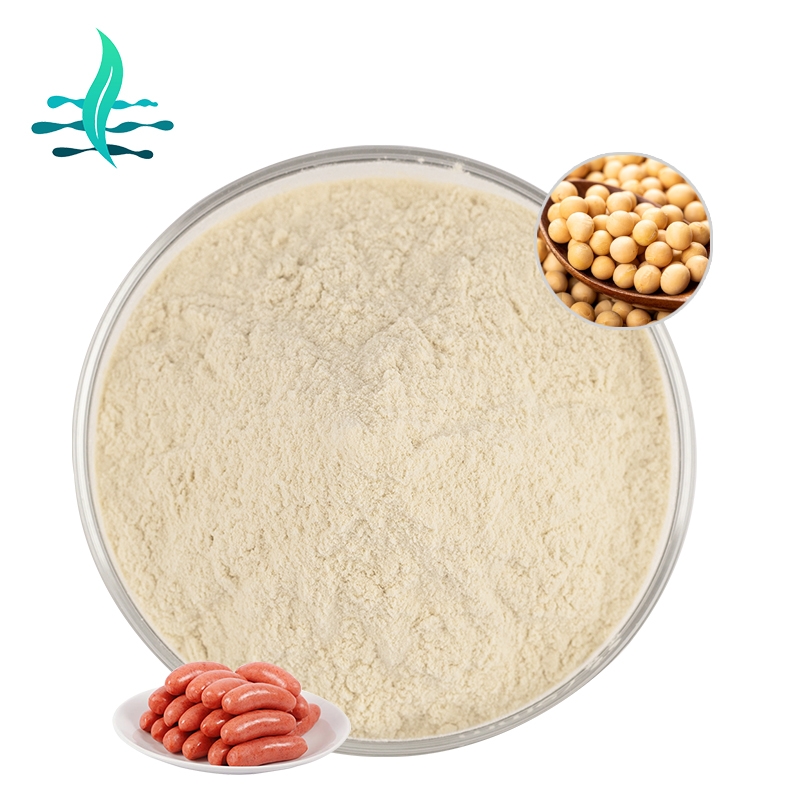-
Categories
-
Pharmaceutical Intermediates
-
Active Pharmaceutical Ingredients
-
Food Additives
- Industrial Coatings
- Agrochemicals
- Dyes and Pigments
- Surfactant
- Flavors and Fragrances
- Chemical Reagents
- Catalyst and Auxiliary
- Natural Products
- Inorganic Chemistry
-
Organic Chemistry
-
Biochemical Engineering
- Analytical Chemistry
- Cosmetic Ingredient
-
Pharmaceutical Intermediates
Promotion
ECHEMI Mall
Wholesale
Weekly Price
Exhibition
News
-
Trade Service
net/tag_847.
html" class="zdbq" title="Gene-related food information" target="_blank">gene- edited foodmate.
net/tag_1966.
html" class="zdbq" title="Tomato-related food information" target="_blank">tomatoes in Japan .
The competent authorities of Japan announced a tomato gene editing by not foodmate.
net/tag_2434.
html" class="zdbq" title="Genetically modified food information" target="_blank">genetically modified product foodmate.
net/tag_888.
html" class="zdbq" title="Regulatory related food information" target="_blank">regulation .
The Sicilian Rouge High GABA tomato from Sanatech Seed was developed using CRISPR-Cas9 gene editing technology.
This tomato contains high levels of gamma-aminobutyric acid (GABA), which helps relax and lower blood pressure.
President of Sanatech Seed and PioShimpei Takeshita, chief innovation officer of neer EcoScience, said that the gamma-aminobutyric acid content of this tomato is 4 to 5 times that of ordinary tomatoes.
This tomato contains high levels of gamma-aminobutyric acid (GABA), which helps relax and lower blood pressure.
President of Sanatech Seed and PioShimpei Takeshita, chief innovation officer of neer EcoScience, said that the gamma-aminobutyric acid content of this tomato is 4 to 5 times that of ordinary tomatoes.
Takeshita said: The Sicilian Rouge variety and gamma-aminobutyric acid profile were chosen because of their high acceptance by consumers.
"Sicilian Rouge is a popular tomato.
Consumers are accustomed to buying other products with a high content of gamma-aminobutyric acid.
Therefore, we think it is important to introduce this technology to them in a way they are already familiar with," he Explained.
"Sicilian Rouge is a popular tomato.
Consumers are accustomed to buying other products with a high content of gamma-aminobutyric acid.
Therefore, we think it is important to introduce this technology to them in a way they are already familiar with," he Explained.
International Seed Federation (International Seed Federation) stated in a statement on the notification of Japanese gene-edited tomatoes with high gamma-aminobutyric acid content: The association welcomes the launch of this product.
This is also an important step in the implementation of Japan's gene editing policy, which provides an opportunity for the seed industry to continue to carry out plant breeding innovations and contribute to a sustainable food system.
This is also an important step in the implementation of Japan's gene editing policy, which provides an opportunity for the seed industry to continue to carry out plant breeding innovations and contribute to a sustainable food system.







